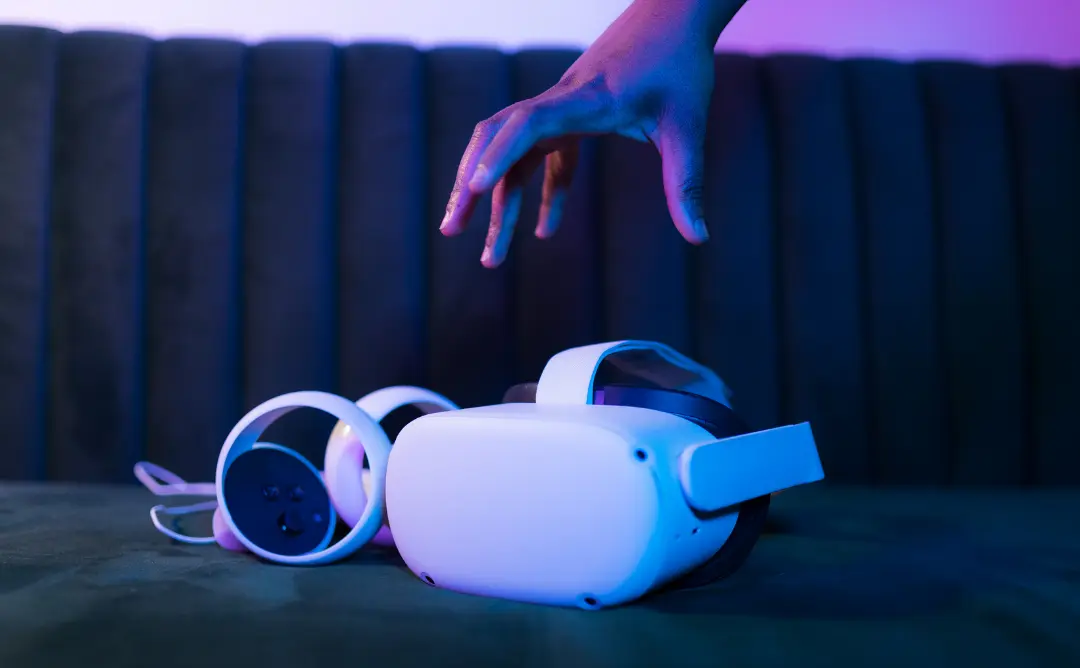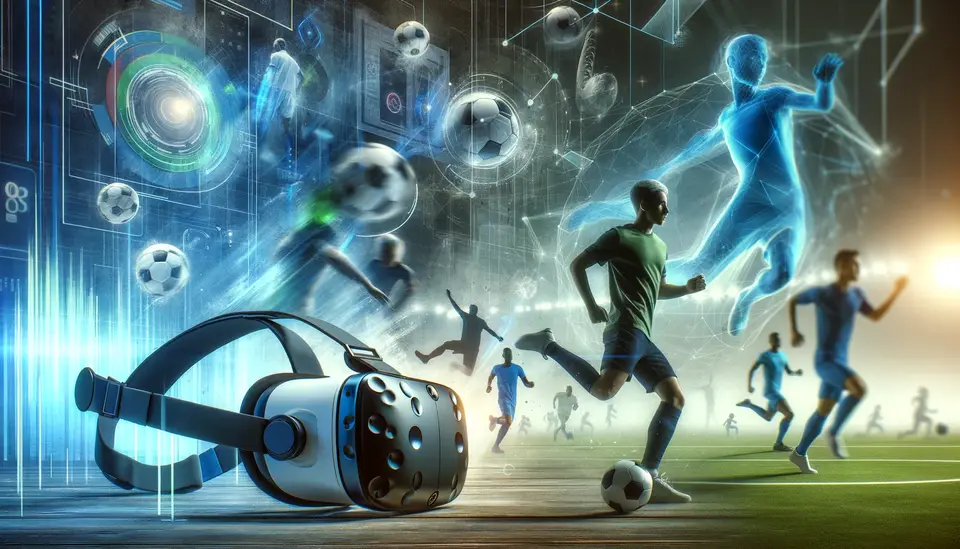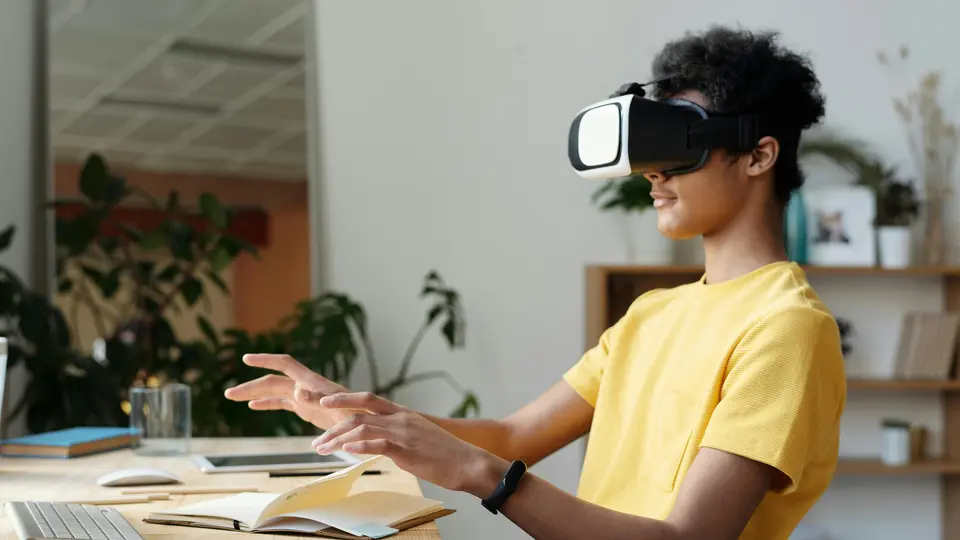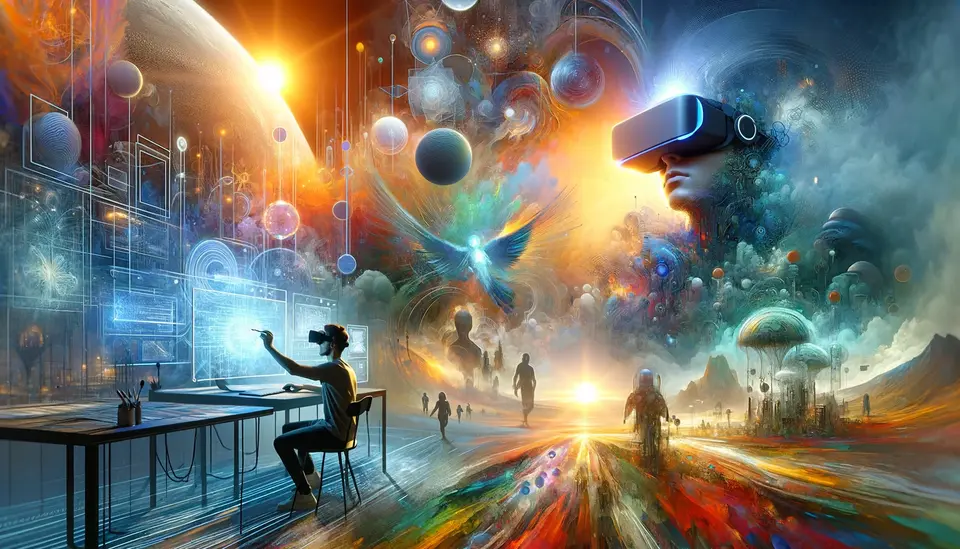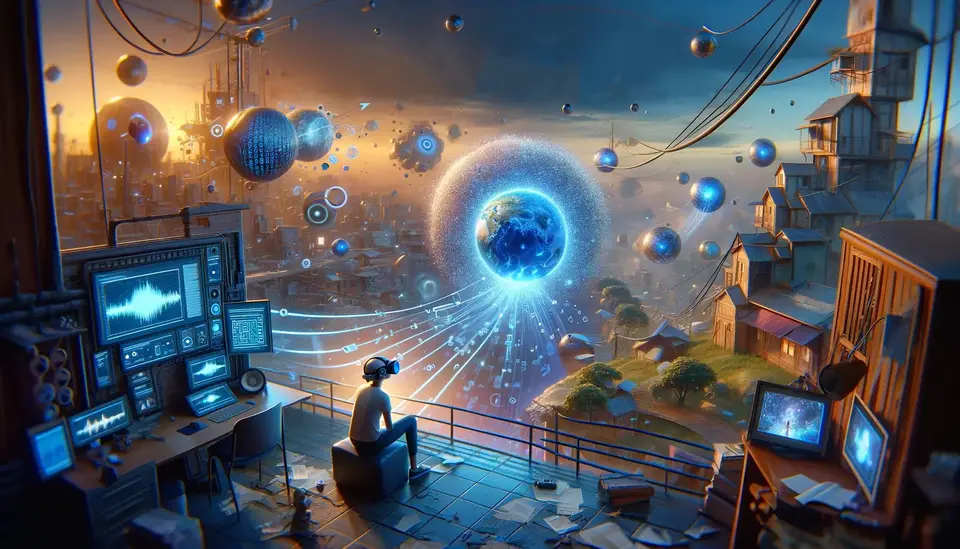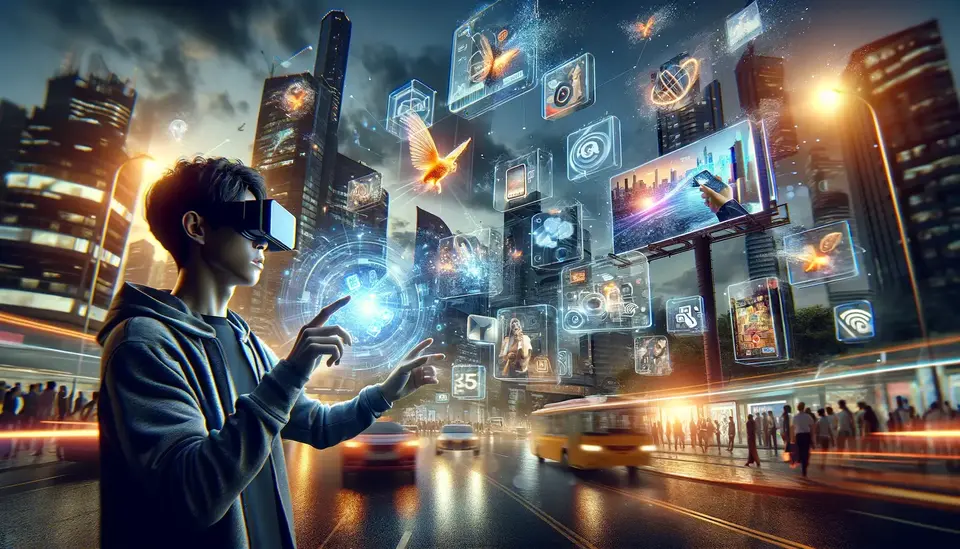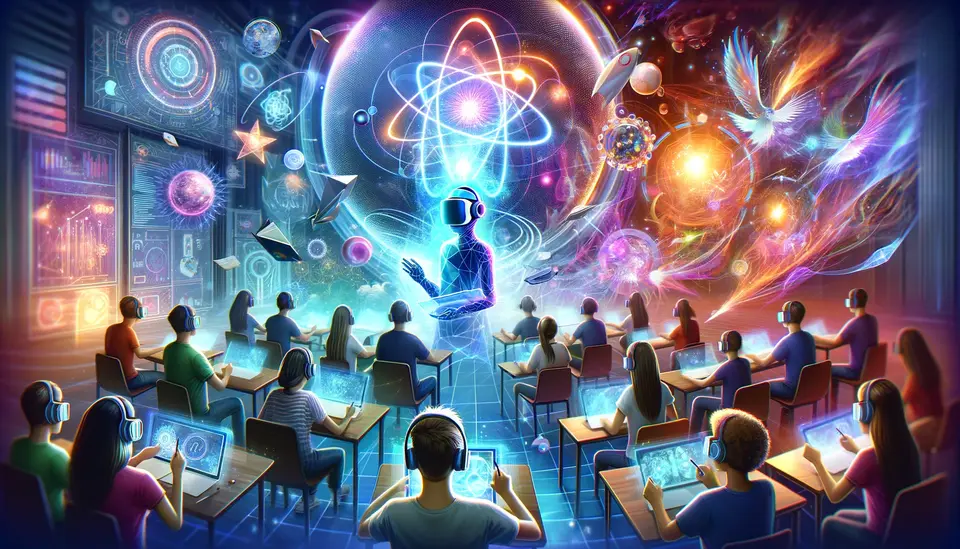The Potential Impacts of Virtual Reality (VR) on Social Norms and Culture
Posted on April 14, 2023 3 minutes 476 words
Table of contents
Virtual reality (VR) technology has made significant strides in recent years, transforming the way we interact, communicate, and perceive the world around us. With this rapid growth comes a wave of change that has the potential to reshape our society in profound ways. In this blog post, we will explore the possible impacts of VR on social norms and culture, delving into both the opportunities and challenges it presents.
Redefining Human Interaction
Virtual reality offers new forms of communication and collaboration, allowing us to engage with others in ways that were once unimaginable. For instance, virtual spaces may replace traditional face-to-face interactions, leading to more efficient and immersive communication. However, this shift may also result in social isolation and the erosion of interpersonal skills, as we become more reliant on virtual worlds for socialization.
Breaking Down Geographical Barriers
VR has the power to bridge cultural gaps by connecting people from diverse backgrounds in shared virtual environments. This technology fosters cross-cultural understanding and empathy by providing a platform where people can learn about and appreciate each other’s traditions and customs. But it also poses potential challenges, such as cultural appropriation or the spread of misinformation, which can exacerbate misunderstandings and tensions.
The Future of Work and Education
The integration of VR into work and education can lead to more inclusive and accessible opportunities. Virtual offices and classrooms can break down geographical barriers, providing equal access to quality resources and experiences. However, this shift might also contribute to the digital divide, as not everyone has access to the necessary technology. Privacy concerns and the quality of virtual experiences are also important issues to address.
Evolving Entertainment and Art Forms
Virtual reality is revolutionizing the entertainment industry by offering immersive and interactive experiences. This technology paves the way for new art forms and creative expressions, challenging traditional cultural norms. However, the blurring of lines between reality and fiction raises concerns about the potential impact on mental health and the preservation of traditional art forms.
Privacy and Ethical Concerns
As virtual reality becomes more prevalent, new ethical dilemmas and privacy concerns may arise, such as surveillance and data collection. The creation of virtual avatars also challenges norms around personal identity and representation, raising questions about the ethics of self-expression in virtual spaces. Developing regulations and best practices can help protect users’ rights and ensure responsible use of VR technology.
Conclusion
The potential impacts of virtual reality on social norms and culture are vast, encompassing both positive and negative aspects. As we continue to embrace and integrate VR into our lives, it is crucial that we engage in thoughtful discussions about its role in shaping our society. By exploring the opportunities and challenges presented by VR, we can work together to create a future that is both innovative and inclusive.

